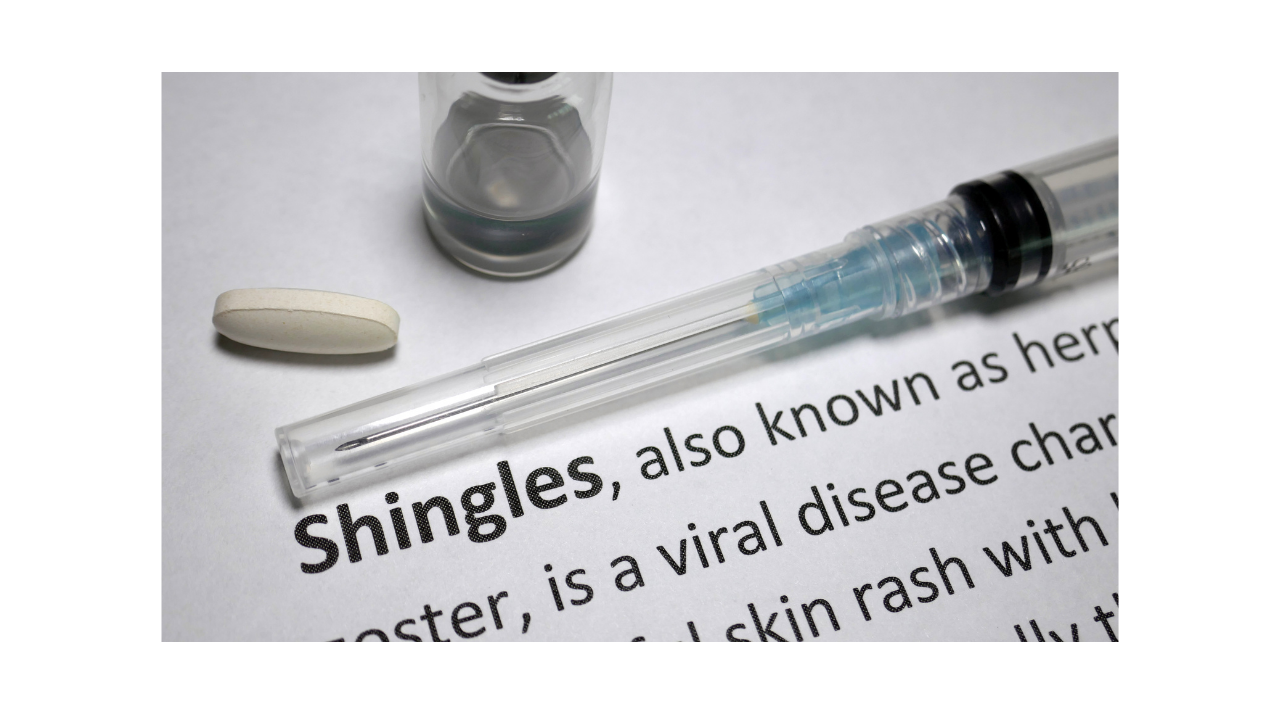
What is shingles?
Shingles is caused by the varicella zoster virus (VZV), which is the same virus that causes chickenpox. Also called herpes zoster, shingles is a common illness that causes a painful skin rash, and anyone who has had chickenpox or received the chickenpox vaccine can develop it.
What are early symptoms and signs of shingles?
Early symptoms and signs of shingles include burning, itching, tingling, or sensitive skin for up to three days. Following these skin sensations, a rash may appear in the same area, which will develop into groups of clear blisters. These blisters will become yellow and sometimes bloody, and then scab before healing, which takes 2 to 3 weeks.
Is shingles contagious?
Yes, shingles is contagious, and is spread from person-to-person through direct contact with the fluid from the blisters. When shingles is active and rash and blisters are present, the virus can spread. A person is not contagious before the rash appears and after the blisters have developed crusts.
What is the treatment for shingles?
Acyclovir, valacyclovir, and famciclovir are the most commonly used drugs to treat shingles, and they can help shorten the duration of the illness and the severity of the symptoms. They are most effective when started immediately after the rash appears. If you think you have shingles, see a doctor as soon as possible to talk about treatments so you can get started on antiviral medications right away if needed. Analgesics may also be prescribed to treat the pain caused by the shingles.
What is the most common complication of shingles?
Nerve pain is the most common complication of shingles. The medical term for this pain is postherpetic neuralgia.